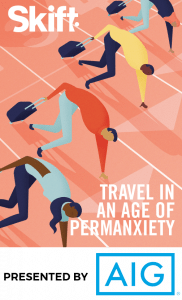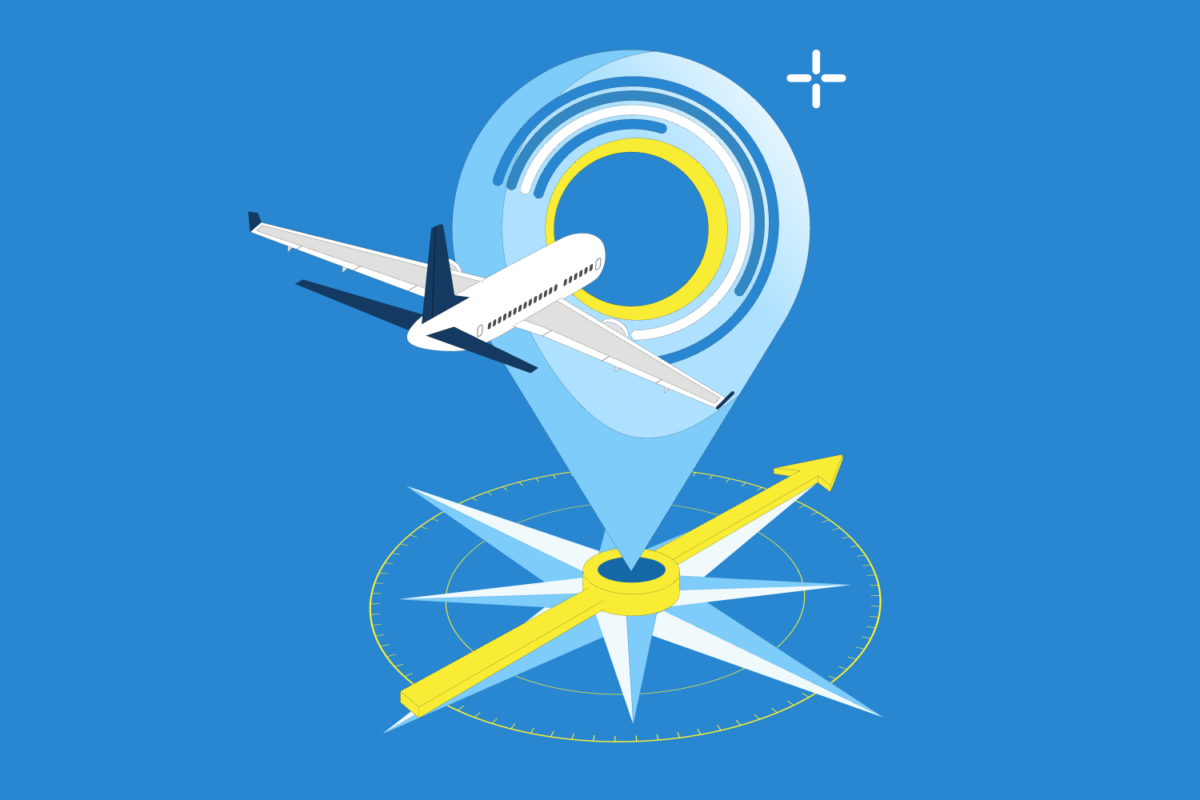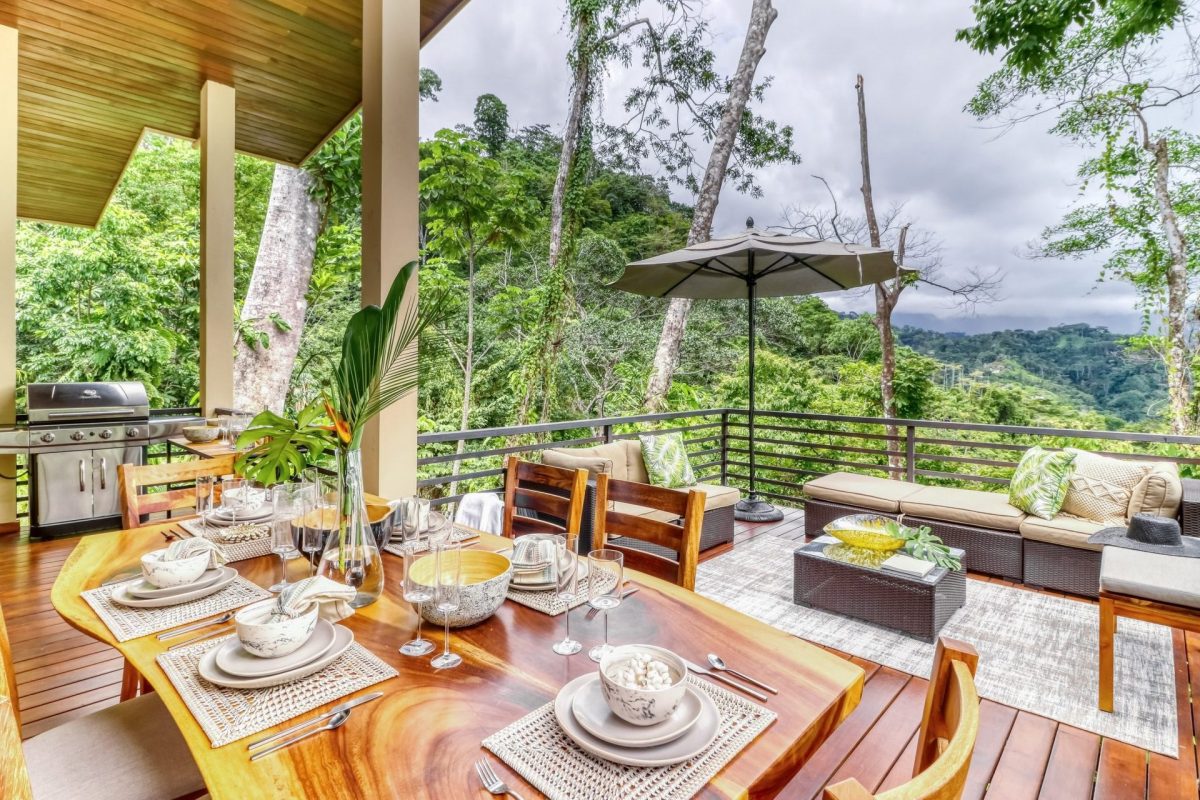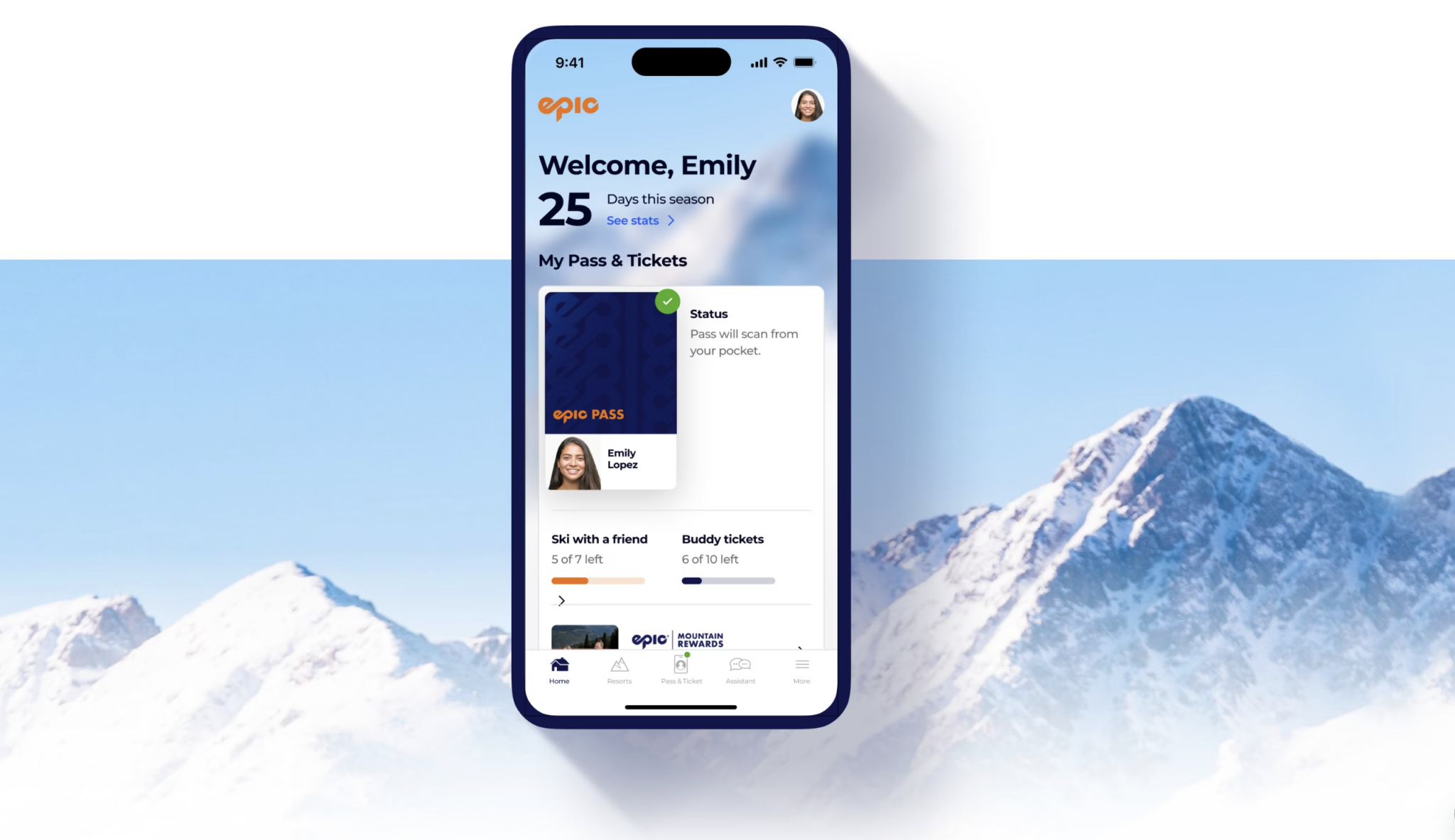How the Disenfranchised Navigate the World in a Time of Permanxiety
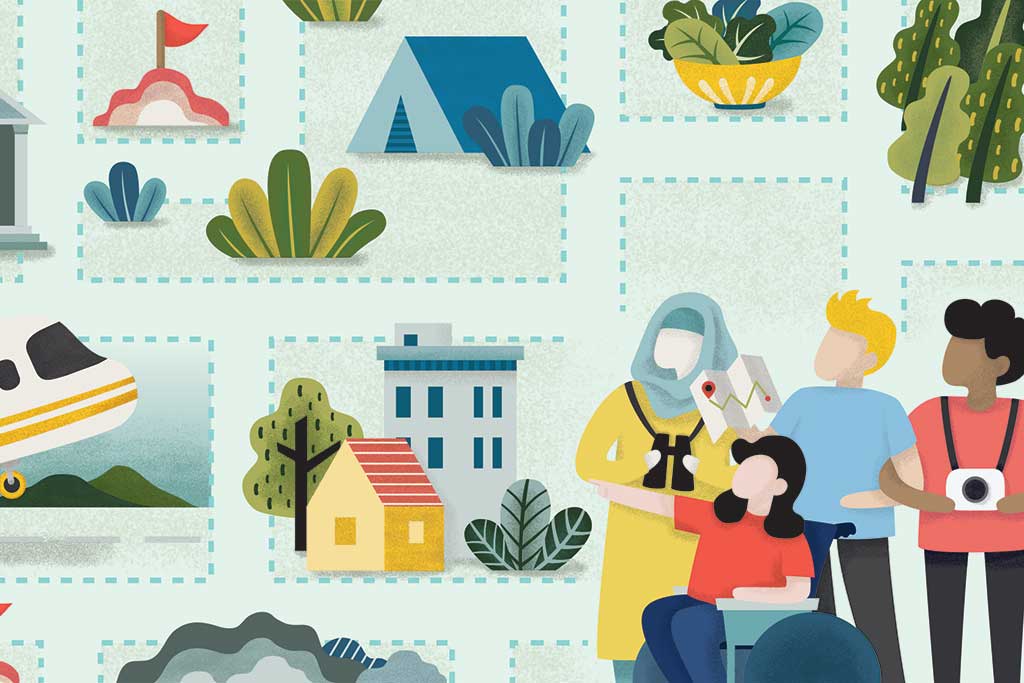
Skift Take
Skift launched the latest edition of our magazine, Travel in an Age of Permanxiety, at Skift Global Forum in New York City in September. This article is part of our look into the current state of the traveler mindset through the lens of the pervasive case of anxiety felt worldwide.
Download the full version of Skift’s Travel in an Age of Permanxiety magazine here.
In 2017 — with xenophobia, hate crimes, and discrimination top of mind — travelers from disenfranchised groups are looking to their tribes for reliable safety information online.
LGBT travel concerns are high, from discriminatory bathroom bills and the 2016 Orlando nightclub shooting. Muslim travelers deal with Islamophobia and President Trump’s travel ban, which the ACLU identified as a discriminatory “Muslim ban,” and which prompted hundreds of lawyers to volunteer at airports across the U.S. Latino travelers face an increasingly unwelcoming environment in the U.S. amid calls for a border wall with Mexico and immigration crackdowns. Black travelers express fears of re-surging white nationalism and police brutality alongside the NAACP’s first state-specific travel advisory, for Missouri.
Where can these groups turn for help? What’s the modern-day equivalent of the Green Book, which advised black travelers during the violent and segregated Jim Crow era?
LGBT and Female Travelers
According to a 2017 report by the International Gay & Lesbian Travel Association (IGLTA) and the United Nations World Tourism Organization (UNWTO), “The role that small businesses play is crucial. Often set up by LGBT people or their allies, small hotels and guesthouses, tour companies, bars and cafés offer a local welcome that benefits from a shared LGBT identity and provides a degree of reassurance of acceptance.”
John Tanzella, president and CEO of IGLTA, said there is a real fear among same-sex couples and transgender people of interrogation at the U.S. border. “The rhetoric of the White House certainly puts fear into travelers,” he said.
IGLTA is currently expanding the safety-related information on its site to empower the community. The organization already has a trip-planning tool featuring LGBT-owned and -friendly providers, as well as discounts for members. “We tend to be on the pro-travel side of that conversation, encouraging people to travel,” said Tanzella.
Every year the International Lesbian, Gay, Bisexual, Trans and Intersex Association publishes world maps of death penalties and sexual orientation laws to keep travelers informed. In 2016 Marriott and IBM sponsored the LGBT Guide to Business Travel, which puts much of the onus on the traveler: “Do your due diligence… don’t become a target… ambiguity may be best.”
At this point, guidebooks for women and women-friendly hotel rooms are old news. On the newer side, Wanderful, which hosts events and provides resources for female travelers, launched a female-focused homesharing platform, though with a subscription fee and few listings it may struggle to gain popularity. UK-based Maiden Voyage provides educational and support services to solo female business travelers as well as consulting for the travel companies hoping to capture that market. Indian airline Vistara even has a free service for solo female flyers, giving them a safe escort as well as preferred seating.
Muslim Travelers
Every year Mastercard and consultancy CrescentRating release a Global Muslim Travel Index to map out which destinations best welcome Muslim travelers, a global market estimated to reach $220 billion by 2020. Fazal Bahardeen, CEO of CrescentRating and HalalTrip, said in the 2017 report, “We are definitely seeing the influence of a new breed of young travelers… combining technology with a real desire to explore the world while still adhering to their faith-based needs.”
In a time of Islamophobia, London-based homesharing site Book Halal Homes does for Muslim travelers what homesharing sites Innclusive and Noirbnb do for black travelers. All three aim to provide a more welcoming and multicultural-friendly alternative to Airbnb, spurred by discrimination on Airbnb’s largely unregulated platform. But new players in this space must fight hard to acquire enough listings for travelers to actually use them.
Karima Bihaki, founder and CEO of Book Halal Homes, said, “In the mosque people are talking about it because there’s a lot of fear, especially after the travel ban, what happened in the States when Trump became president. A lot of Muslims feared going to America from any country at the moment even though the ban is just on some certain countries. Because of that people are considering, ‘Should we travel to the states or not?’”
Bihaki elaborated, “There are stories from sisters traveling from Italy back to the UK being asked to take off the hijab. They are dressing differently when they travel abroad. They still dress modest. I heard stories even that people are being selected for extra security measurements because they think they are Muslim while they are not.”
Black and Latino Travelers
Kent Johnson, co-founder of the black travel community and group tour operator Black & Abroad, said that since November 2016, “We encountered a lot more questions around what places can I travel where I’ll be safe. Especially with the travel ban happening, people’s anxiousness has slowly ratcheted higher over the last few months.”
About Trump’s policies, Johnson said, “Nothing seems definite, but it all seems immediate at the same time, and those are two prime ingredients [for anxiety].” The company recently launched a new product, a group tour to Johannesburg, South Africa, and Johnson identified anxiety and safety as “key deciding factors” in selecting this inaugural destination.
Evita Robinson, founder of the 15,000-member majority-black and majority-female travel community Nomadness Travel Tribe, which organizes group trips and events globally, held a panel last year on black safety at her company’s conference. Robinson said that her members “respect and love having these outlets.”
Robinson described to Skift the tribe’s concerns in 2016: “I have members who have children who say, ‘I’m raising a young black boy in America. Where can I travel to or potentially move to where I don’t feel like I have to fear for his life every time he wants to go outside and play?’”
Nomadness’ membership is around five percent Latino and while something like an organized Latino travel movement remains elusive, this group faces its own chronic anxieties. President Trump’s proposed border wall between the U.S. and Mexico isn’t yet a reality, but the rhetoric has already inspired some Mexican vacationers to take visa-free trips to Canada instead.
Travelers With Disabilities
BrettApproved provides extensive accessibility ratings on hotels and other venues based on user generated content, separating the brands that understand anxiety from those that resent ADA compliance laws.
“One of the things you probably never think about is: Am I going to be able to get into my hotel room?” Brett Heising, founder and CEO of BrettApproved, told Skift earlier this year. “What we try to do at BrettApproved is give our community that knowledge so that takes away some of that guesswork.”
In the realm of developmental disabilities, more airports are helping travelers with autism by offering simulations and quiet rooms. Autism on the Seas provides services for cruisers with such disabilities in collaboration with Royal Caribbean and other cruise lines.
The Friend Economy
So what’s the next step in making travelers feel safe and welcome? Maybe today, when travelers are looking online for intel within their tribe, they can reimagine who’s actually in that tribe.
The burgeoning friend economy — which operates like the sharing economy but is focused more narrowly on one’s actual acquaintances — might provide a new solution that’s not specific to one race, nationality, religion, gender identity, sexual orientation, etc. Homesharing platform Overnight offers places to stay through a person’s extended network of existing friends, which should maximize familiarity, and minimize discrimination and safety concerns between host and guest.
“There’s more implicit trust,” said Overnight CEO Asher Hunt. “If we can create that network and that community that makes it a more safe experience, that’s pretty awesome. And we want to do it many times over,” he said about curated groups within the platform.
The challenges? De-stigmatizing financial transactions between friends and that familiar dearth of listings.
The networks we use to help and inform each other may be evolving, but they still rely on the same principle used throughout history: knowledge is power.
Download Travel in an Age of Permanxiety magazine here
